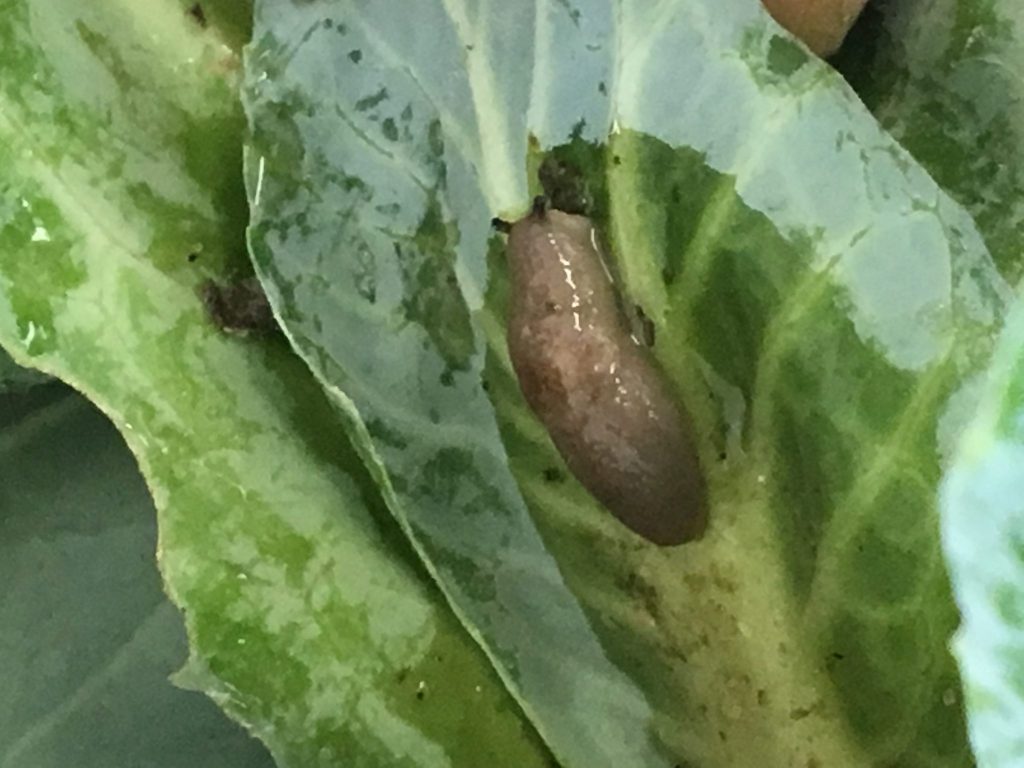
Rainfall this week combined with soil moisture can bring some unwanted problems for vegetable farmers and gardeners in Alabama, including slugs, according to Alabama Extension.
Ayanava Majumdar, Alabama Extension Professor in the Department of Entomology and Plant Pathology at Auburn University, said attacks from slugs can occur at various stages of vegetable crops with high intensity noticed in the late stages of crops that can lead to direct feeding damage and even crop contamination. Slugs are very common on brassica crops grown during cooler weather in Alabama, and several slugs may high inside the maturing crop.
Many crops have zero tolerance for slug contamination which can lead to crop disaster. In previous years, farmers have experienced slug activity in cabbage fields along with yellowmargined leaf beetles.
Slug management includes various cultural tactics. Manage surface residues and till the soil when necessary to prevent slug buildup. Drain waterlogged areas in and around crop fields when possible, or use abrasive materials such as sand in wet areas not under crop production. Limit irrigation or overhead watering during weather with frequent rainfall – use a soil moisture meter or other devices to accurately determine crop irrigation needs. Since slugs seem to like certain crops (e.g., soft-leaf brassicas), crop rotation, early planting and timely harvest may help reduce the overall population levels.
According to weather.com, there is an 80% chance of thunderstorms today in Auburn, Alabama where Majumdar is located.









